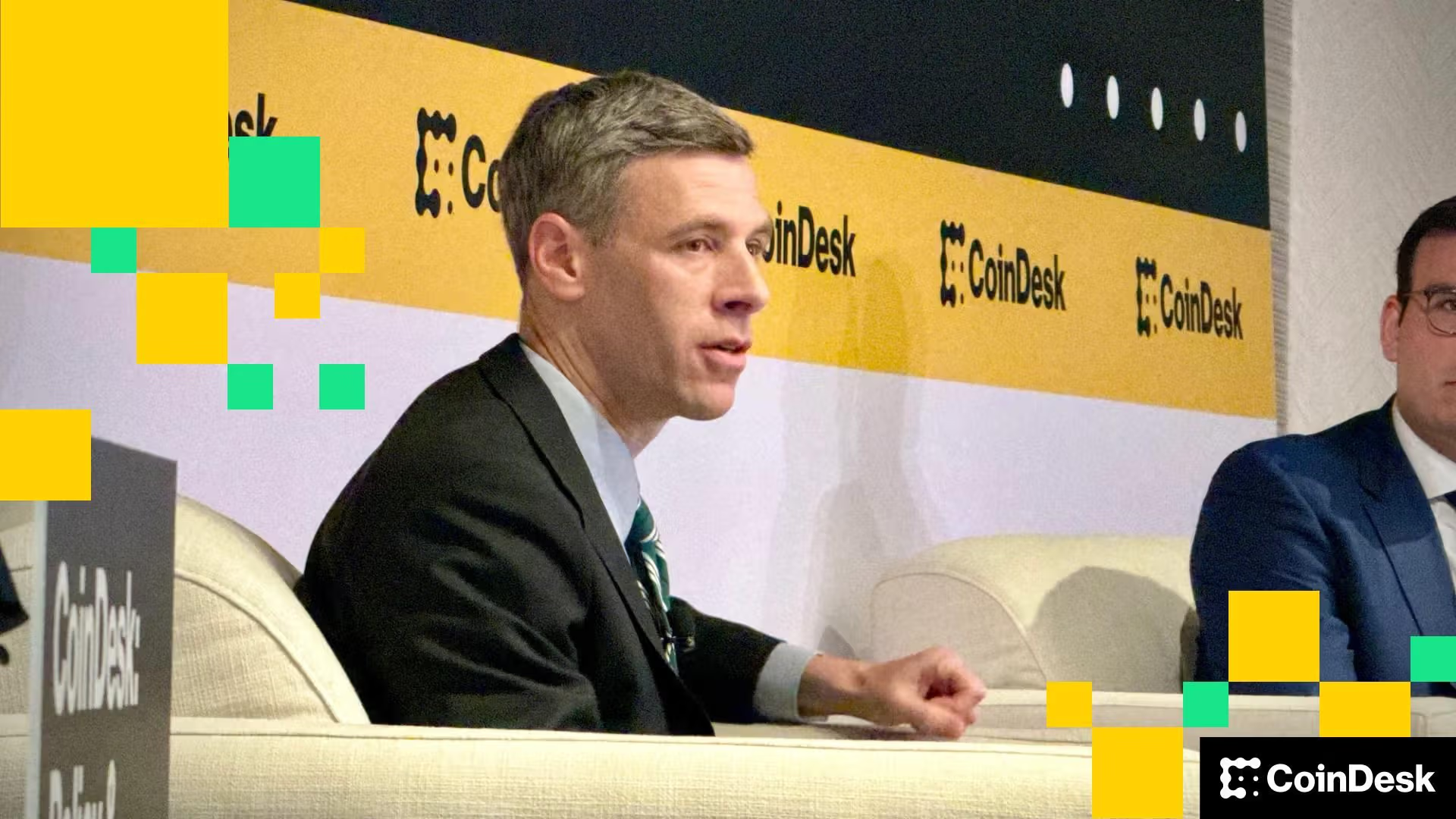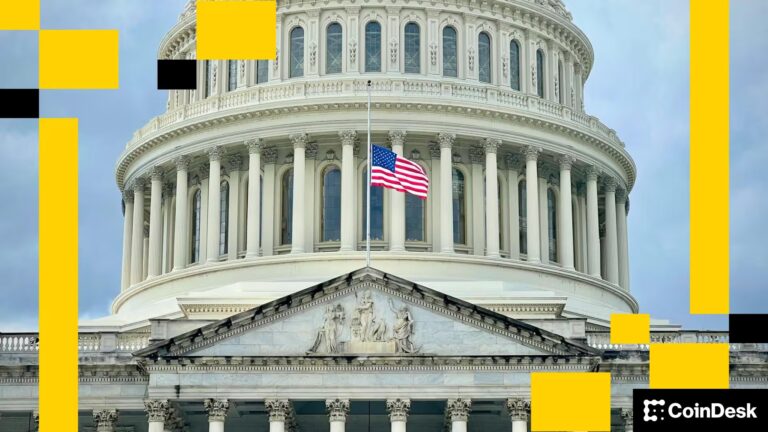US Banking Watchdog Defines Rules for Network Transaction Costs
U.S. Regulator OCC Provides Clarity on Bank Handling of Network 'Gas Fees'
The U.S. Office of the Comptroller of the Currency has detailed for the national banks it regulates the permissible methods for holding crypto to cover transaction fees.
By Jesse Hamilton|Edited by Sheldon Reback Nov 18, 2025, 4:38 p.m.

What to know:
- The leading regulatory body for U.S. national banks, the Office of the Comptroller of the Currency, has indicated that banks are permitted to hold cryptocurrency on their accounting records for anticipated expenditures related to blockchain “gas fees.”
- The guidance was disseminated through an interpretive letter on Tuesday.
The U.S. Office of the Comptroller of the Currency has released updated policy directives that delineate how national banks may maintain crypto assets designated for covering the “gas fees” on blockchain systems.
In the document referred to as "interpretive letter No. 1186," the agency stated this past Tuesday that banks can register on their balance sheets digital assets they reasonably project will be needed for their business activities.
Blockchain networks regularly necessitate the utilization of their native digital token as payment for processing transactions; as such, banks aiming to participate in these operations must possess the required digital resources. Activities “explicitly authorized under the Guiding and Establishing National Innovation for U.S. Stablecoins Act” will mandate that banks pay network fees either as a representative for their clientele or as an aspect of their custodial functions, as noted in the letter.
The authorization for banks “to disburse network fees to enable otherwise allowable crypto-asset undertakings and to possess, as principal, crypto-asset sums on their balance sheets to satisfy network fees for which the bank foresees a suitably predictable demand is acceptable for the bank,” the OCC determined.
U.S. banking overseers — which encompass the Federal Reserve, Federal Deposit Insurance Corp., and the broader Treasury Department — are already engaged in formulating new regulations to oversee stablecoin issuers and relevant activities, adhering to the new mandates of the GENIUS Act. However, these regulations are not yet implemented for the legislation passed earlier in the year.
The OCC has backtracked from prior reluctance regarding authorized banks’ involvement in digital asset operations, spurred by the advent of the pro-crypto governance of President Donald Trump. The agency is now led by Trump’s pick, Jonathan Gould, whose confirmation was secured by the Senate in July.
Read More: What Are Ethereum Gas Fees?



